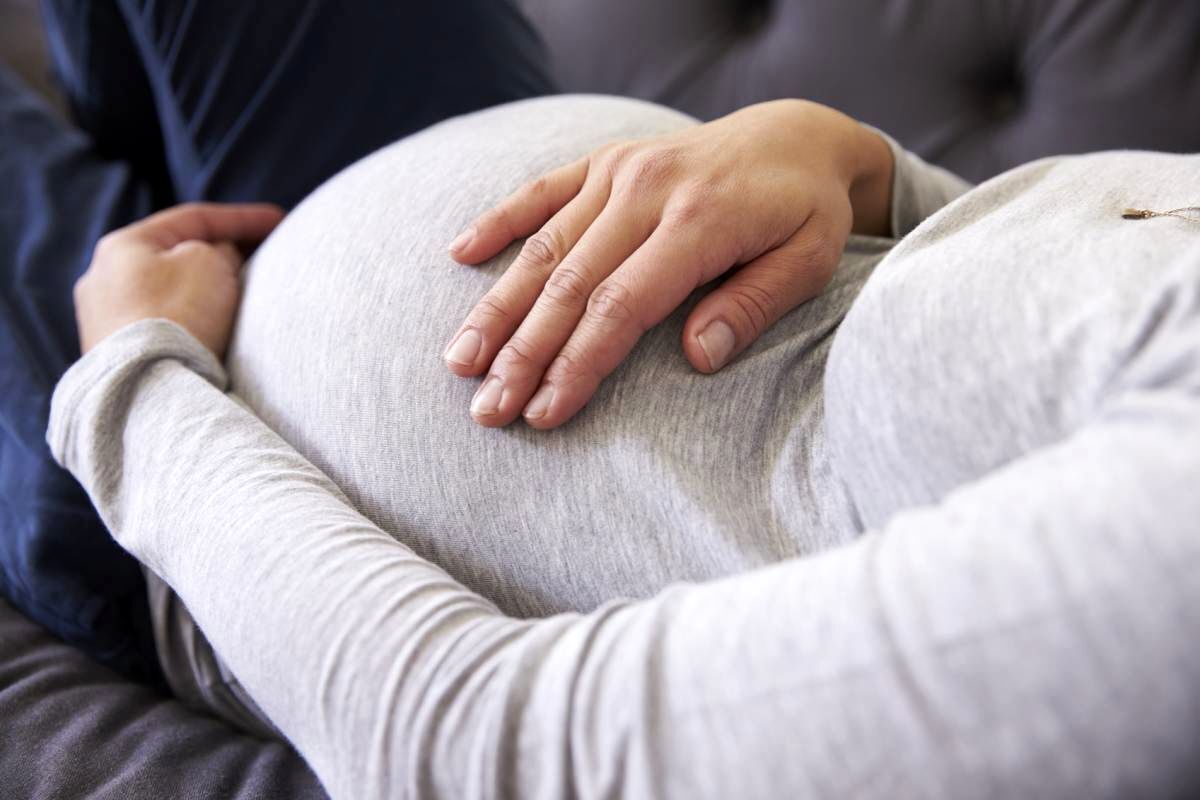Latest News
- Hundreds of homes in northern Ontario mining town left without heat after gas outage
- Quebec judge grants bail to man who spent more than 30 years in prison for four murders
- What do the leaders of Canada's largest white nationalist group want?
- Niagara police officer shot in Welland; 'Stay at home' order remains in effect
- Trump halts green card lottery, controversial decision after deadly shooting in Massachusetts
Latest Ads
-
Jasmine Jewel
Call
-
Omidan group
Call
-
Amir Madanpour
Call
-
Dimo studio
Call
-
Yorkacademy
Call
-
Maryambagheri
Call
-
Shishlix Restaurant
Call

Voters back abortion rights, but some foes won't relent. Is the commitment to democracy in question?
The recent nationwide clashes over abortion rights in the United States have exposed another vulnerability: adherence to democracy. As voters in state after state affirm their support for abortion rights, opponents are challenging election results, refusing to amend state laws to align with voter preferences on abortion, and challenging the democratic process based on the initiative of the people.
Just two days after Ohio voters approved abortion rights in their state constitution, Jennifer Gross and three other Republican representatives promised to block an amendment that would eliminate existing restrictions on abortion in Ohio. The majority of Ohio voters approved this amendment by a margin of nearly 57% to 43%. In response, a group of representatives issued a joint statement saying, "We will do everything in our power to prevent the removal of our laws based on the perception of prevention."
Gross and her colleagues introduced legislation to prevent Ohio courts from interpreting any cases related to the abortion rights amendment, known as Issue 1, which was repealed on June 24, 2022, in six other states.
Douglas Keith, senior counsel at the Brennan Center for Justice's Democracy Program, stated that abortion-related policies have led to successful efforts to limit the power of state courts in Montana and Utah and unsuccessful efforts in Alaska and Kansas. He said, "The decision to strip courts of the power to interpret Issue 1, in my view, is a struggle against the courts and even against the voters themselves."
This contradiction became apparent in a statement by a citizen who said she supports Issue 1. Emily Jackson, who believes Ohio voters were misled, echoed this sentiment. This campaign to impose strict abortion laws is undemocratic because the majority of Americans have rejected them. According to an AP VoteCast survey, 63% of those who voted in elections since the Waid v. Waid ruling on abortion have either supported abortion rights or considered them a priority. Pure democracies provide a way to manage a country.
Regarding the Ohio election results, a Republican representative tweeted encouragement for Republicans to overlook the election results. "It would be an act of courage to overlook the election results and not allow Ohio's children to be murdered," he wrote.
Some political observers see a greater danger in such sentiments. Sophia Jordan Wallace, a political science professor at the University of Washington, said, "The number and clarity of undemocratic efforts are increasing," posing a threat to sacred values. Andrew Whitehead, a professor of sociology at Indiana University-Purdue University, said that Christian nationalists view fundamental democratic processes such as voting not as a right but as a privilege that should only be available to those who share their beliefs.
"When they implement a vision they consider legitimate for America, they ignore democracy," Whitehead said. Lawmakers and opponents of abortion in several states that have generally expressed support for abortion rights have previously resisted.
In Montana, voters last fall rejected a referendum that could have turned into law the failure to provide life-saving care to a newborn born after a failed abortion; similar cases often have serious medical complications. Republicans responded to this resistance by turning the rejected amendment into law.
Kentucky Republicans decided to maintain a ban on abortion at all stages of pregnancy in the state, even if voters there rejected an amendment that would have taken away their legal rights to the process. In Ohio, some of the most prominent Republicans insist on rejecting anti-democratic views and standing up for the voters. "In this country, we accept the results of elections," said Ohio's Republican governor, Mike DeWine, one of the biggest opponents of Issue 1. DeWine tweeted that he "searched the Ohio Constitution for exceptions but found none for cases where the result of an election is contrary to the preferences of those in power."
Suggested Content
Latest Blog
Login first to rate.
Express your opinion
Login first to submit a comment.
No comments yet.


































